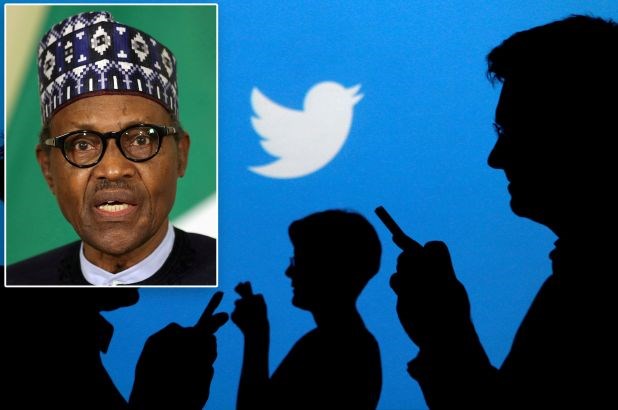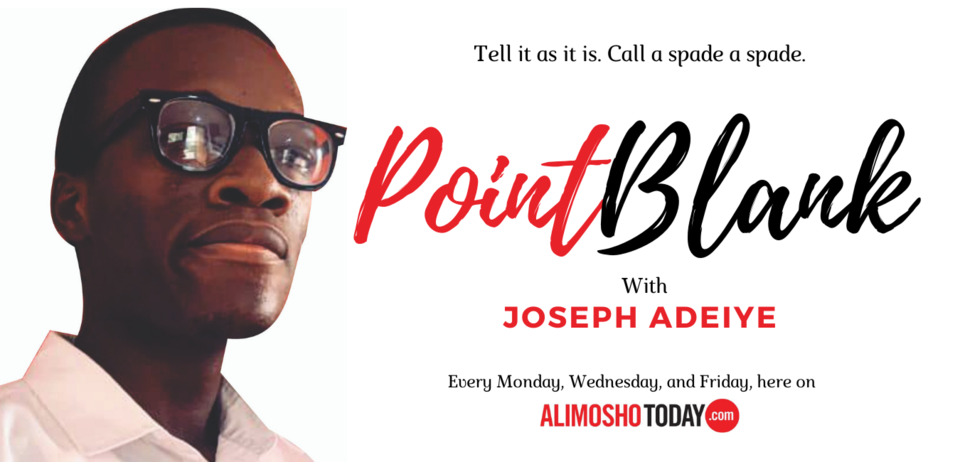The decision to place a ban on Twitter in Nigeria was announced on Friday, June 4, 2021, after the government opined that the micro-blogging site was used as a tool to undermine the country’s “corporate existence” through the spread of fake news and information which have “violent consequences”. On Saturday, June 5, the ban became effective and Twitter could not be accessed from within Nigeria. Nigerians, who rely on the social media platform for several reasons, are now angry at the federal government’s decision to threaten their civil liberties and have taken it upon themselves to bypass the ban through alternative routes.

Muhammadu Buhari does not want Nigeria to descend into anarchy, at least not under his watch. So, it appears that he is willing to rule the country under an iron fist and silence dissenters. The ban on Twitter is one of the few ways this government has tried to box opposition and “preserve our country’s unity”. However, this attempt to criminalize the use of Twitter and prosecute Nigerians for using the micro-blogging platform will not be particularly beneficial to Buhari’s Nigeria —certainly not for our economy and unity. NetBlocks, a global internet monitor, has reported that Nigeria is losing about $250,000 each hour the ban is in place. Our economy is already approaching its nadir and many young people provide services through Twitter. We are risking a weaker economy and a rise in unemployment in the coming weeks. To shut down Twitter is to cut off a well connected community of Nigerians across the federation. We cannot forget how funds are raised for several charity purposes such as feeding hungry Nigerian children, providing immediate links between emergency services and people who desperately need them, crowdfunding for people who need financial aid with school, business, or medical bills, and contributing to government facilities in local communities.
President Buhari is leaving more Nigerians in doubt and a lesser number of Nigerians trust him now, this man who proclaimed himself to be a “converted democrat” in 2015. We are now reminded of a military head of state who imprisoned hundreds of people after grabbing power in a 1983 coup. Ironically, social media was an indispensable tool for him to win the presidential election after failing three times before 2015. Buhari’s administration clamping down on social media access and opposing voices will only reinforce the idea that it is an impostor to democratic leadership. Despite Nigeria having more Twitter accounts (39 million) than Ghana’s entire population (32 million), Twitter chose Ghana as its headquarters in Africa because it is “a champion for democracy, a supporter of free speech, online freedom, and the Open Internet”. The federal government of Nigeria is already proving that Twitter made the right decision through its desperate attempts to tone down criticism and regulate social media to its taste, even at the expense of big tech investors’ interest in the country.


.png;w=120;h=80;mode=crop)
